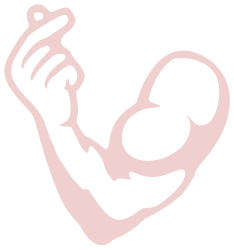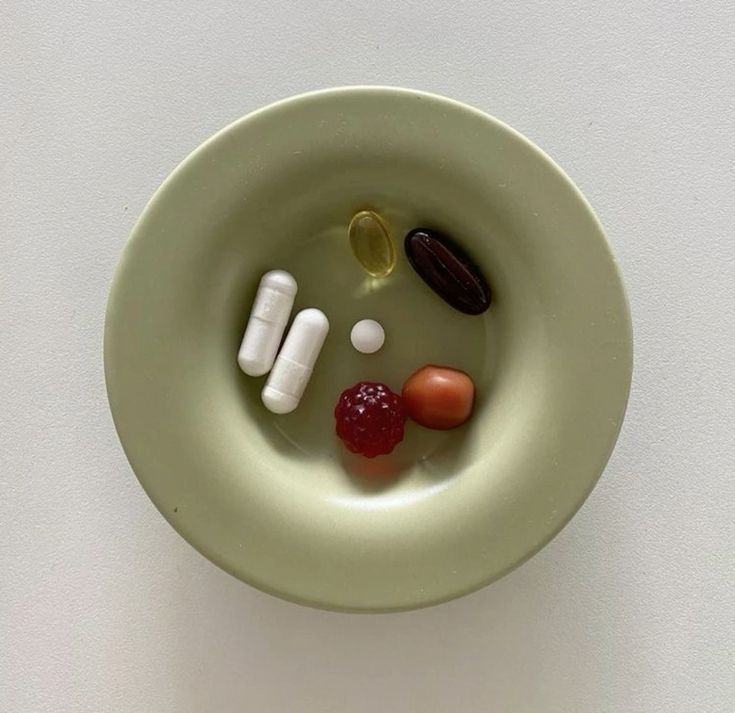A quick Google search for weight-loss supplements brings up 165,000 results, but how many of these supplements have been proven to help you lose weight?
It’s estimated that over one-third of adults in the US have tried a diet supplement at some point and one in ten have tried a weight-loss supplement in the past year¹.
But do any of these weight-loss supplements actually work? Let’s take a look at the evidence.
1. Probiotics
Probiotics have become very popular in the past few years as the importance of the integrity of the gut microbiome for good health has become clearer.
A meta-analysis of weight-loss studies comparing the use of probiotics with a placebo showed that probiotic use leads to a significant, albeit small, reduction in body weight and body-fat percentage compared to placebo².
2. Fiber
Fiber has been shown to promote weight loss through various mechanisms. It increases satiety (feeling of fullness), decreases absorption of macronutrients, alters the secretion of gut hormones, and optimizes the gut microbiome³.
You should aim to get fiber from your diet through food sources such as vegetables, fruits, and whole grains, but the addition of fiber supplements to help reach those daily requirements has been shown to aid weight loss⁴.
3. Vitamin D
There is a link between vitamin D deficiency and obesity. Obese people have lower vitamin D levels than non-obese people.
Two reasons have been proposed for this:
- Adipose (fat) tissue stores vitamin D, resulting in lower plasma levels
- Obese people may spend less time outdoors exercising in the sunshine
But the link appears to work the opposite way as well. Some studies have shown that vitamin D supplementation can aid weight loss in adults and children. The effect was most noticeable in a study looking at postmenopausal women, which combined vitamin D and calcium supplementation⁵ ⁶.
4. Green tea
Green tea contains catechins and caffeine, both of which have been touted as weight-loss aids because of their stimulatory effect. The theory is that stimulants increase metabolic rate.
A meta-analysis of studies looking at the use of green tea or green tea extracts for weight loss found green tea preparations to exert a small weight-loss effect in overweight subjects. Because the effect was so small, the authors of the study doubted whether the results held much clinical significance. Importantly, the use of green tea was associated with some adverse effects, so it should only be used in moderation and under the guidance of your doctor⁷.
5. Vitamin C
Vitamin C levels have been shown to be inversely related to body mass.
Studies show that people with adequate vitamin C levels burn 30% more fat during exercise than people with vitamin C deficiency. People with low vitamin C levels are more resistant to fat loss when exercising.
Supplementing your vitamin C level if it’s low, or making sure that your vitamin C levels are normal, may optimize the amount of weight you lose while exercising⁸.
6. Fish oil
Although fish oil supplementation has not been shown to aid weight loss generally, it has been found to decrease abdominal fat.
A large meta-analysis of studies of fish oil as a weight-loss supplement suggested that overweight or obese people may benefit from reducing abdominal fat with fish oil supplementation when combined with lifestyle modification⁹.
7. B-group vitamins
Adequate B-group vitamin levels (B1, B2, B3, B5, B6, B7, B9, B12) are necessary for optimal metabolism of fat, carbohydrates, and protein. B vitamins help the body obtain energy from food and support a healthy metabolism.
However, excess B vitamin levels may lead to weight gain¹⁰, so make sure that you stick to recommended daily allowances if you do decide to supplement with B-group vitamins.
8. Caffeine
Caffeine is a stimulant and a popular ingredient in many weight-loss supplements.
A large meta-analysis of studies looking at the effect of caffeine on weight loss concluded that caffeine may promote a reduction in weight, body mass index, and body fat¹¹.

